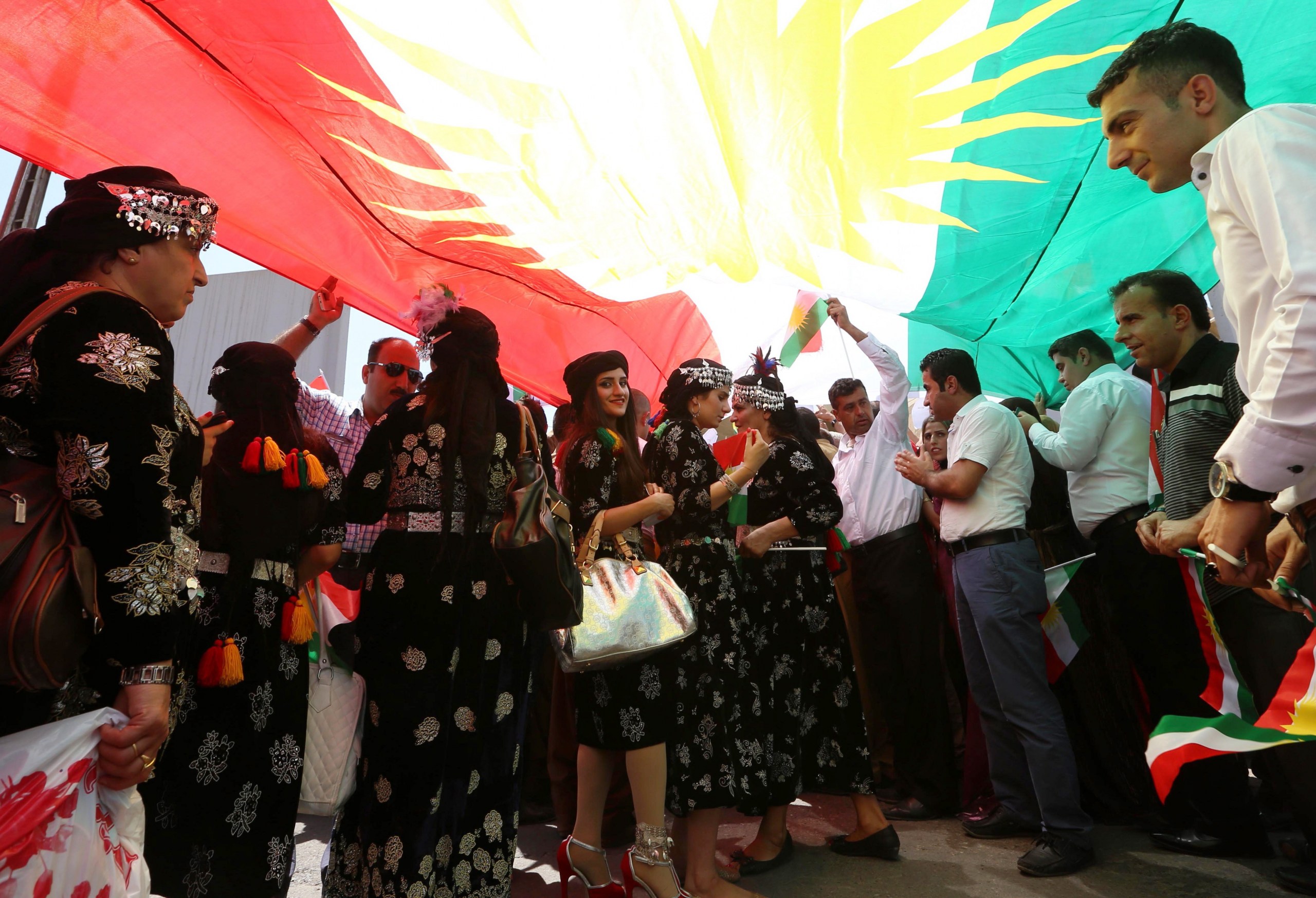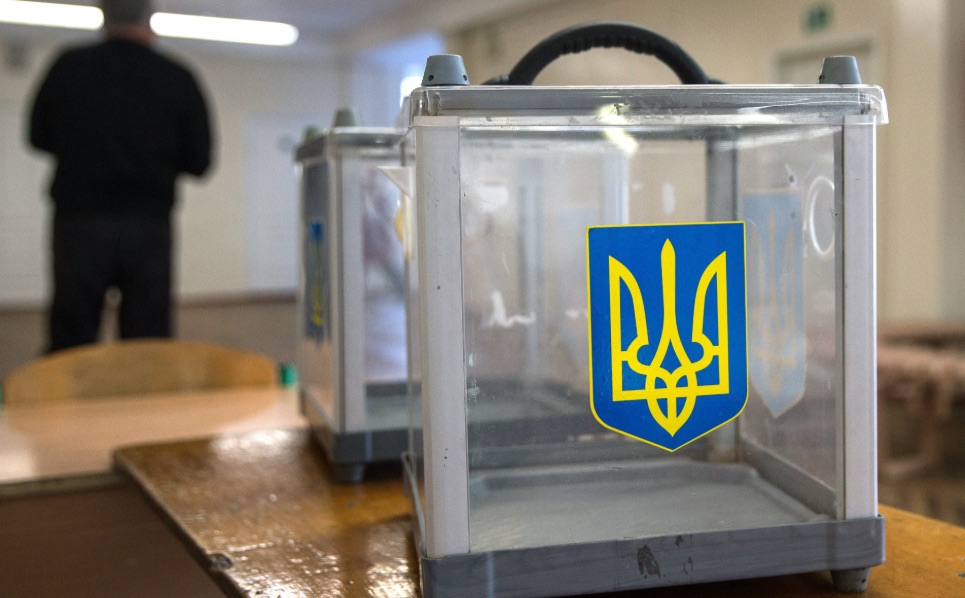
The Kurdish people are living difficult and important years. The Peshmerga in Iraq and the YPG (embedded in the SDF) in Syria are fighting ISIS, and victory is not far.
Erbil and Kobane are now safe, and ISIS ‘S desperately fighting in Raqqa, its capital, to delay the unavoidable. The Caliphate will be very soon a thing of the past, and ISIS will be only able to make guerrilla warfare.
The real question now is: what will happen after? The Iraqi and Syrian Kurds control large territories, they are in a strong position, they have strong allies and demand concessions. But things in the region are never simple, and this isn’t an exception. The Kurds are far from being united: the Kurdistan Regional Government of Iraq (KRG) and the Syrian Kurds do not have a constructive relationship. The latter have a troubled relationship with Turkey that considers the YPG and the PKK as the same thing, thus they are both consider as terrorist organizations and a danger for Turkey’s national security. Let’s remember that the PKK is fighting a guerrilla warfare against the Turkish state since many decades.
On the contrary, KRG’s Barzani and the Iraqi Kurds oppose the PKK and they have a solid relationship with Turkish president Erdogan. Barzani opponents accuse him to pursue an authoritarian model, in which opponents, journalists and minorities have a limited role. But despite the criticism there’s a very good chance that history will remember him as the first Kurdish leader that achieved the long-dreamed Kurdish independence.
The referendum for the independence of Iraqi Kurdistan is scheduled for the 25th of September, but many countries including the United States have asked Barzani to postpone the vote, in order to avoid further political instability in Iraq while ISIS is still not completely defeated. However, the Kurdistan independence from Iraq looks like a question of when, not if, though the future borders of the new Kurdistan are not clear yet due to disputed territories. This move shouldn’t please Turkey, and the relations between Erdogan and Barzani might worsen in the future, especially if the independence is not reached with the consensus of Baghdad.
In Syria things are even more complicated. The Syrian Kurds are ruling themselves in a new way for the region. The Democratic Federation of Northern Syria gained de-facto autonomy from the Syrian government since the war in Syria erupted, and now they follow an interesting approach where the region is divided in three cantons and the Rojava constitution promote the rights of women, minorities, and freedom of religion.
But all that glisters is not gold: YPG is often accused of forced Kurdification of Arab zones, and many in the region see them merely as a tool that the U.S. exploit in order to achieve American interest in the region,, which is namely to prevent a unified Syria controlled by Assad, Russia and Iran. In order to prevent the linking of the Afrin Canton with the other Kurdish dominated territories in northern Syria, the Turkish military in August 2016 launched the operation called “Euphrates Shield”. Now the Turkish backed-rebels and the Turkish army control a relatively large portion of territory north of Aleppo, and they are constantly threatening the YPG, especially the Afrin Canton.
The Syrian Kurds said many times that they are willing to live in a unified Syria again only if the federalization of Syria will become a reality. The Syrian president Bashar Al-Assad rejected this possibility on many occasions, and he stated that the Syrian government will rule over the whole Syrian territory on his own terms.
The silent re-engagement between Syria and Turkey under the supervision of Russia and Iran could be a used as a powerful weapon to pressure the Kurds to make concessions. Erdogan gave up on toppling Assad, and his moves now focus to prevent a strong Kurdish entity in the future of Syria. The main allies of the Syrian Kurds are the U.S. and to some extent Israel and Saudi Arabia, of course for opportunistic reasons.
It is a matter of fact that the U.S. is directly supporting the Kurds in the battlefield against ISIS, but once ISIS is defeated, is the US going to protect the Kurds becomes an important question mark. Turkey is a key economic and political partner in the region for the U.S., and for many observers the Americans won’t choose (and protect if necessary) the Kurds over Turkey in the long run. The role of the Syrian Kurds in a post-war Syria is yet to be decided, and we must hope that for once diplomacy will prevail, instead of weapons.



